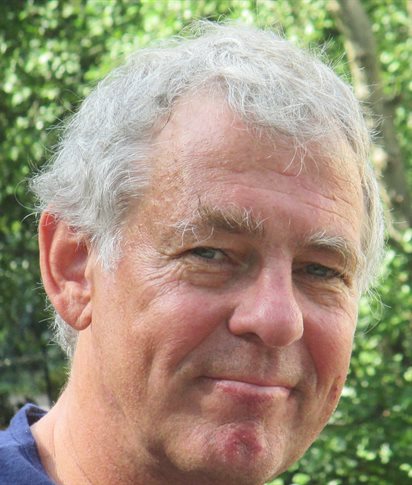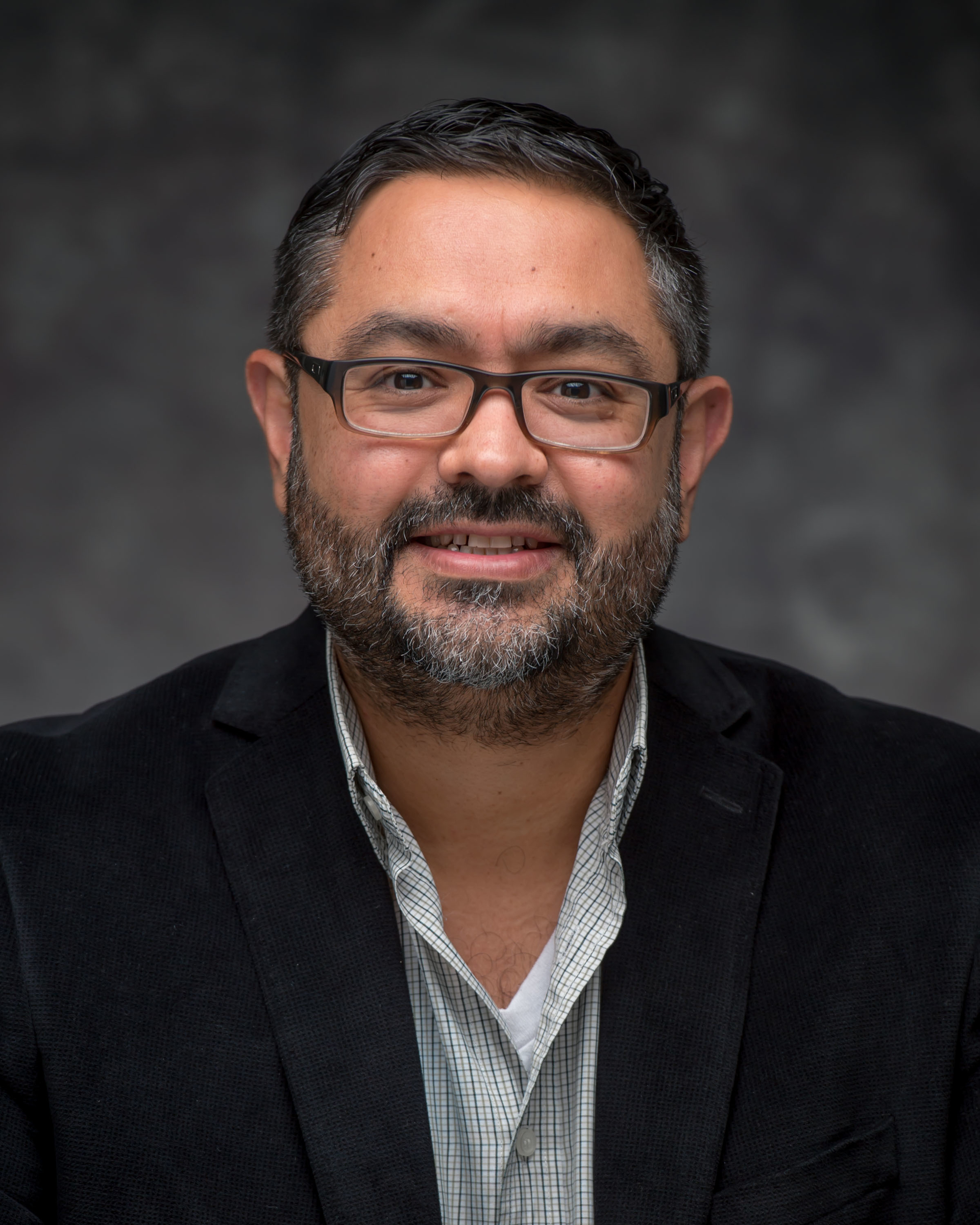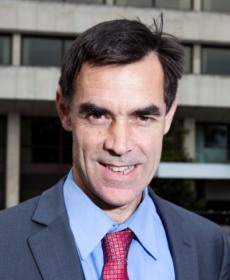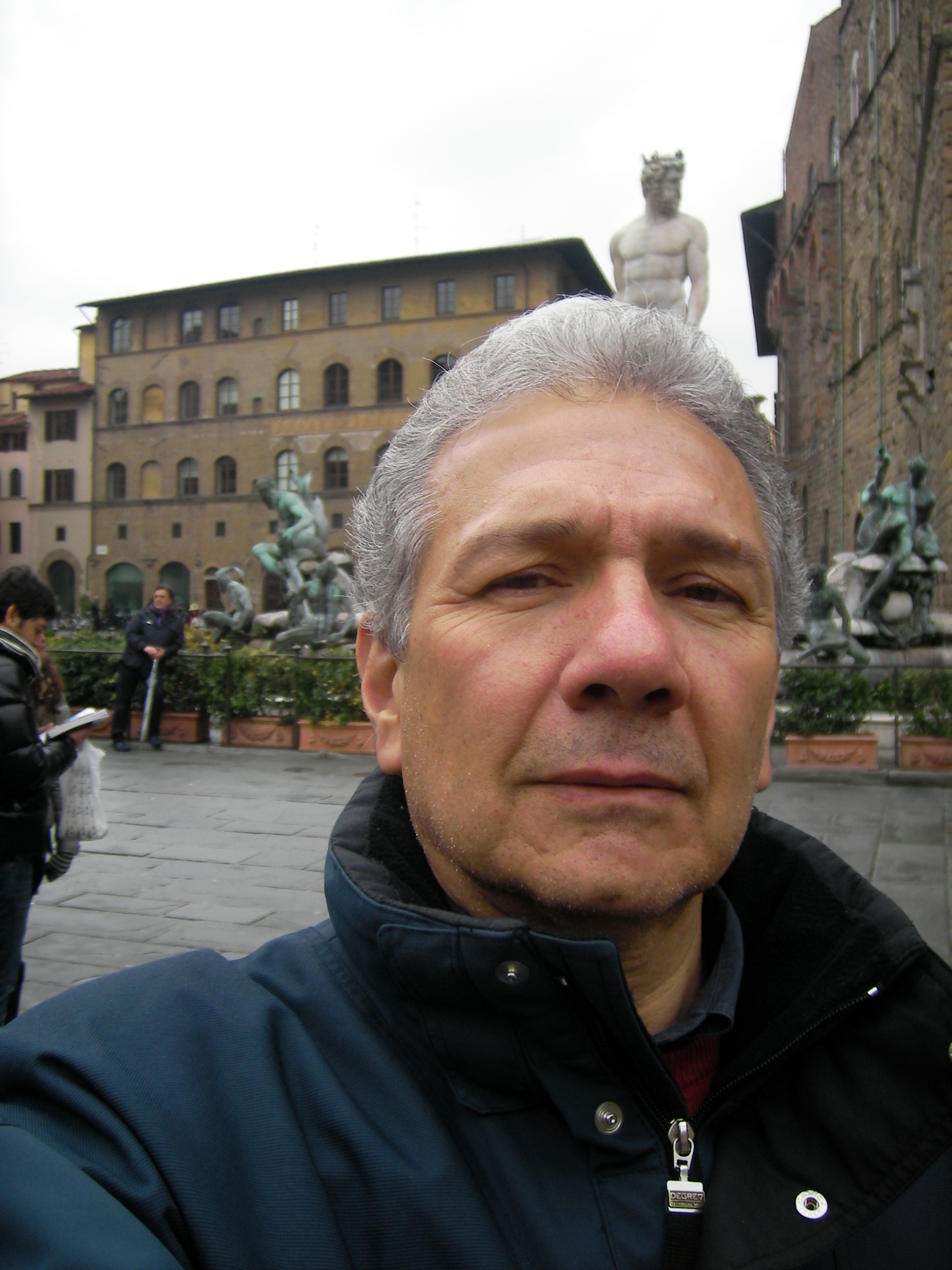Our knowledge of Latin America’s revolutionary left after the Cuban Revolution in 1959 is growing. New archives, oral histories and published testimonies have driven history forward and encouraged new research. However, we still know relatively little about the global dimensions of the revolutionary left (or New Left) in Latin America. We know that revolutionary left-wing militants shared feelings of solidarity, collective belonging and common purpose across continents. Members of Latin America’s revolutionary left also travelled to Europe (East and West), Africa, Asia, and North America, where they found inspiration, and participated in revolutionary developments. We also know that Latin America’s revolutionary left received moral, intellectual, cultural and financial support from counterparts and sympathetic groups abroad. Yet where and how these relationships and networks originated, how they functioned and with what consequences is less clear.
With the aim of furthering our knowledge on these topics, the Department of International History and the Cold War Studies Project at LSE IDEAS hosted this international conference funded by a British Academy Newton Mobility Grant, the École des Hautes Études Hispaniques et Ibériques (Casa de Velázquez) and the LSE’s Research Committee RIIF Seed Fund. Co-convened by Tanya Harmer and Alberto Martín Alvarez (Instituto Mora) and linked to the established New Left Network led by Alberto Martín Álvarez and Eduardo Rey Tristán, the conference brought scholars together from around the world to debate geographies and chronologies of Latin America’s revolutionary left, its relationship with radical Catholicism, and its links with the Third World, China and Europe (East and West).
José Manuel Ágreda Portero is a third-year PhD student at the Department of American Contemporary History of Santiago de Compostela University. His publications include “El Frente Sandinista de Liberación Nacional, 1961-1979: reflexiones para su análisis” in Naveg@merica, 2012; “Una aproximación a la historiografía sobre el Frente Sandinista de Liberación Nacional, 1961-1979”, in Historiografías, revista de teoría e historia, 2013; “¿Sandino sandinista? Una aproximación a la evolución ideológica de la Revolución Nicaragüense (1926-1979)”, in Discursos e ideologías de derechas e izquierdas en América Latina y Europa (Patricia Calvo González, ed. 2015).

Alberto Martín Alvarez holds a Ph.D. on Latin American Studies from the Universidad Complutense de Madrid and is currently a researcher at the Instituto Mora in Mexico City. He is co-founder and coordinator of the Revolutionary New Left International Research Network on Political Violence. He has been a visiting researcher at the Institute for Interdisciplinary Research on Conflict and Violence (Universität Bielefeld), the Center of Advanced Studies on Social Sciences (Juan March Foundation) and the Universidad de Santiago de Compostela. He has also undertaken extensive research on the origins and development of the Salvadoran revolutionary left. Among his main publications are: Revolutionary Violence and the New Left: Transnational Perspectives (Routledge, forthcoming, with Eduardo Rey, eds.); “The genesis and internal dynamics of El Salvador’s People’s Revolutionary Army (ERP), 1970 – 1976”, Journal of Latin American Studies, (2014, with Eudald Cortina); “Unity and disunity in the Frente Farabundo Martí para la Liberación Nacional”, Latin American Politics and Society, (2012, with Michael Allison); From revolutionary war to democratic revolution. The Farabundo Martí National Liberation Front (FMLN) in El Salvador (2010, Berlin, Berghof Conflict Research); La izquierda revolucionaria latinoamericana (2010, Universidad de Colima México)
William Booth is an early career researcher in political history, specialising in Mexico, Latin America, and Twentieth Century Socialism and Communism. After an undergraduate degree in Modern History and Politics, he moved to the Institute of Latin American Studies in London to undertake an MA (Area Studies) in 2003. He then worked at Canning House for four years before beginning his doctoral research on the Mexican left in 2008. He completed his PhD (‘Taming the Dead? The Weakness of the Mexican Marxist Left, 1945-7’) in 2012. After a couple of years of full-time childcare, he spent 2014-15 at the University of Warwick teaching Mexican history and is now teaching Latin American History and US-Latin America Relations at UCL. He is the convenor of the Radical Americas Network and an editor of the forthcoming Radical Americas Journal.
Jonathan C. Brown is Professor of History at the University of Texas at Austin. He has published four single-authored books. Two focused on the history of Argentina, one on the Mexican oil industry, and one on Colonial Latin America. Professor Brown began research on the Cuban Revolution in July and August 2006, at the very time that, because of sickness, Fidel Castro turned over power to his brother Raúl. He took four more trips to Cuba since then for academic purposes. Harvard University Press just offered Brown a book contract for his new manuscript, tentatively entitled “Cuba’s Revolutionary World.” The book will analyze how a revolution in Cuba, an island nation of only 6 million people, influenced events in the 1960s as far away as Moscow, Beijing, Washington and Miami, Africa, and every country of Latin America.
Efraim Davidi is a founding member and former director of the Social Economic Academy. A senior lecturer at the Department for Social Work and the Department of Politics and Government at Ben Gurion University in the Negev, and the Institute for Latin-American Studies at Tel Aviv University. Is a specialist in globalization, Israeli society and social movements; and politics in Latin America during the 20th Century.
Paulo Drinot is Senior Lecturer in Latin American History at the Institute of the Americas, University College London. He obtained his DPhil in Modern History at the University of Oxford. He is the author of The Allure of Labor: Workers, Race, and the Making of the Peruvian State (2011), editor of Che’s Travels: The Making of a Revolutionary (2010) and Peru in Theory (2014) and co-editor of Comics and Memory in Latin America (forthcoming), The Great Depression in Latin America (2014) and Más allá de la dominación y la resistencia: estudios de historia peruana, siglos XVI-XX (2005).
Thomas Field (PhD, London School of Economics) is Associate Professor at the Embry-Riddle College of Security and Intelligence. He is author of From Development to Dictatorship: Bolivia and the Alliance for Progress in the Kennedy Era (Cornell University Press), which won the 2015 Thomas McGann Award from the Rocky Mountain Council of Latin American Studies and was named a 2015 Outstanding Academic Title by the American Library Association's Choice magazine. Field received the 2012 Bernath Article Prize and the 2011 Unterberger Dissertation Prize, both from the Society for Historians of American Foreign Relations. He is currently working on an international history of the death of Che Guevara in Bolivia and its impact.
Dr Victor Figueroa Clark has studied the Latin American left for many years, completing his doctorate at the LSE’s International History department with a thesis that used a combination of new archival sources and interviews to examine the internationalism of the Chilean left in the Sandinista revolution. This work particularly focused upon the ideological changes and international connections that made this participation possible, but also upon the ‘lived experience’ of fighting for the Sandinistas. He has written on Latin American issues for various media, and is the author of a political biography of Salvador Allende. He also worked with British NGO Justice for Colombia for several years, gaining an in-depth knowledge of the Colombian conflict and meeting the peace delegations of both the FARC-EP guerrillas and the Colombian government.
Tanya Harmer is a specialist on the Cold War in Latin America with a particular interest in the regional, inter-American dynamics of the struggle and its links to broader developments in the Third World. Her most recent research has focused on the international history of Chile during the presidency of Salvador Allende (1970-73), Brazilian Cold War interventions in the Southern Cone of Latin America, US relations with the Chilean dictatorship and the influence of the Cuban revolution in Latin America after 1959. She is currently writing a biography of Beatriz Allende and Latin America’s 1960s revolutionary generation. Her future project is to write a global history of the Cold War in Latin America.
James G. Hershberg, Professor of History and International Affairs, George Washington University, is the author of Marigold: The Lost Chance for Peace in Vietnam (Washington, DC: Wilson Center Press/Stanford University Press, 2012) and James B. Conant: Harvard to Hiroshima and the Making of the Nuclear Age (New York: Alfred A. Knopf, 1993; pb: Stanford University Press, 1995). Formerly the director of the Wilson Center's Cold War International History Project (CWIHP), he is now working on a study of Brazil, Cuba, and the Cold War and Revolution in Latin America in the early 1960s.

Gerd-Rainer Horn is Professor of Twentieth Century History at the Institut d'Études Politiques de Paris, Sciences Po. Born and raised in West Germany, after his Abitur, Gerd-Rainer Horn emigrated to the United States where he then lived and worked for twenty-six years. Along the way, he obtained his B.A. (Minnesota), M.A. and Ph.D. (Michigan). He taught at Montana State and Western Oregon University before moving to the University of Huddersfield and then the University of Warwick in England. In 2013, Horn finally returned to Europe, now teaching at Sciences Po (Institut d'Études Politiques) in Paris. Focussing on the transnational dimension of continental western European social movements between the 1920s and the 1980s, Horn's particular areas of expertise include the political itinerary of social democracy, the socio-political challenges of the immediate post-WW II period, the cultural and political innovations of the 1960s and 1970s, in addition to the phenomenon of progressive Catholicism in Western Europe.
Dirk Kruijt is Professor Emeritus of Development Studies at Utrecht University. He has published about entrepreneurs and labour relations; inequality, ethnicity and exclusion; military dictatorship and revolutions; guerrilla movements; and the oral history of the Velasco government in Peru and the guerrilla wars in Central America. He is preparing a book about the role of Cuba in the Latin American revolutions and rebellions.
Gerardo Leibner is Senior Lecturer at the History Department and Director of Sverdlin Institute for Latin American History and Culture, Tel Aviv University. Main publications: Camaradas y Compañeros. Una historia política de los comunistas del Uruguay 2 Vols. (Montevideo, 2011), El mito del socialismo indígena en Mariátegui. Fuentes y contextos peruanos de Mariátegui (Lima, 1999). Recent articles: "HaTikva encampment 2011, the ambiguous agency of the marginalized" Current Anthropology (2015), "Parti de masses, parti masculinisé? Les femmes dans le Parti Communiste uruguayen (1946-1968)" Résistantes, militantes, citoyennes (PUR, 2015).

Aldo Marchesi received his Ph.D. from New York University in 2012 and teaches history at the Universidad de la República (Montevideo, Uruguay). He is the Director of the Uruguayan Interdisciplinary Studies Center (CEIU), a specialized center on the Uruguayan Recent History. He has published widely on the recent history and collective memory of Uruguay and the Southern Cone. His most recent publications related to the specific topic of the conference are: "Political Violence and the Left in Latin America, 1967-1979" Oxford Research Encyclopedia of Latin American History 2015 online publication and "Revolution Beyond the Sierra Maestra: The Tupamaros and the Development of a Repertoire of Dissent in the Southern Cone, Montevideo (1962-1968)" The Americas Volume 70, n. 3. January 2014. He is currently working on a book manuscript based on his dissertation, "Geographies of Armed Protest: Transnational Cold War, Latin American Internationalism and the New Left in the Southern Cone (1966-1976)."
Eugenia Palieraki is an Assistant Professor in Latin American Studies at the University of Cergy-Pontoise, and the director of the Department of Spanish Language and Civilization. She gained her PhD in modern Latin American history from the Pantheon-Sorbonne University and the Pontificia Universidad Católica – PUC, in 2009. She has been a visiting faculty member at PUC (2012) and, currently, at the ENS Paris (2015-2016). In 2014, her first monograph, ¡La revolución ya viene! El MIR chileno en los años 1960, was published in Chile by LOM Ediciones.

Jaime M. Pensado is Associate Professor of History at the University of Notre Dame. He specializes in contemporary Mexican history, student movements, youth culture, the sixties, and the Cold War. He is currently working on a second book project that examines Catholic Youth in Cold Mexico. His first book, Rebel Mexico: Student Unrest and Authoritarian Political Culture During the Long Sixties (Stanford University Press, 2013) received the “Mexico History Book Prize” from the Conference on Latin American History (CLAH). His recent publications can be found in Mexican Studies/Estudios Mexicanos; Renate Marsiske, ed., Movimientos Estudiantiles en la Historia de América Latina: Volumen IV; The Americas: A Quarterly Review of Inter-American Cultural History, Special Issue: Latin America in the 1960s; The Journal of the History of Childhood and Youth; Smith and Gillingham, eds., Dictablanda: Politics, Work and Culture in Mexico, 1938-1968; ReVista Harvard: Review of Latin America; Robert Clarke et. al., eds., New World Coming: The Sixties and the Shaping of Global Consciousness; and The Sixties: A Journal of History, Politics and Culture. Professor Pensado’s research has received the support from the Mellon Foundation and the Latin American Studies Department at Lehigh University. At Notre Dame, he is the Co-Director of the Mexico Working Group (MWG), the Director of the Latin American Studies Program (LASP), and a fellow of the Institute for Latino Studies (ILS) and the Kellogg Institute for International Studies.

Anthony W. Pereira is a Professor and Director of the Brazil Institute at King’s College London. He obtained his B.A. from Sussex University (U.K.) in 1982 and his M.A. and Ph.D. degrees from Harvard University in 1986 and 1991, respectively. He has held positions at the New School, the Fletcher School of Law and Diplomacy, Tulane University, and the University of East Anglia. In 2005, he was a Visiting Professor at the Federal University of Pernambuco (UFPE). His books include Political (In)justice: Authoritarianism and the Rule of Law in Brazil, Chile and Argentina (University of Pittsburgh Press, 2005); a Portuguese translation of the latter, entitled Ditadura e Repressão (Paz e Terra, 2010), and a volume edited with Lauro Mattei called The Brazilian Economy Today: Towards a New Socio-Economic Model? (Palgrave Macmillan, 2015). Professor Pereira has recently published articles in Third World Quarterly, Latin American Perspectives, and the Bulletin of Latin American Research. Currently at work on a book about the Brazilian state. Professor Pereira is President of the Brazilian Studies Association (BRASA).

Dario Villamizar Herrera es un Analista Político y escritor. Estudios en Ciencia Política y Resolución de Conflictos (Universidad del Valle), posgrado en Acción sin Daño y Construcción de Paz en la Universidad Nacional de Colombia. Sus investigaciones se centran en el conflicto armado y en procesos de negociación y paz. Ha publicado entre otros libros los siguientes: Insurgencia, democracia y dictadura (Ecuador, 1990), Aquél 19 será (1996), Un adiós a la guerra (1997), Sueños de Abril (1998), Jaime Bateman biografía de un revolucionario (2002, 2007, 2015). Profesor en las Universidades Javeriana y Central, en las especializaciones en Resolución de Conflictos.Hizo parte del M-19, fundador y directivo de la Corporación Medios para la Paz. Desde 2002 dirigió el capítulo Colombia de la Asociación Latinoamericana para los Derechos Humanos, ALDHU. Entre 2005 y 2008 dirigió el Programa de Atención Complementaria a la población desmovilizada de la Alcaldía de Bogotá. De 2008 a 2015 trabajó con el Programa de las Naciones Unidas para el Desarrollo, PNUD, como asesor en temas de Reintegración de excombatientes, DDR, desplazamiento, paz y reconciliación. Actualmente dirige la investigación “Memoria de guerrillas en América Latina y el Caribe”.
Johannes Wilm has received a PhD in Social Anthropology from Goldsmiths College, University of London in 2013 with a thesis on Sandinismo in the 21st Century. He has spent parts of 2006, 2007, 2008, 2009, 2011, 2012 and 2014 in Nicaragua on visits lasting from two weeks to 18 months, interviewing Nicaraguans who identify with Different parts of the Sandinista ideology. In 2011, he published the book Nicaragua, Back from the Dead? An Anthropological View of the Sandinista Movement in the Early 21st Century. Wilm is currently a student at Lund University.